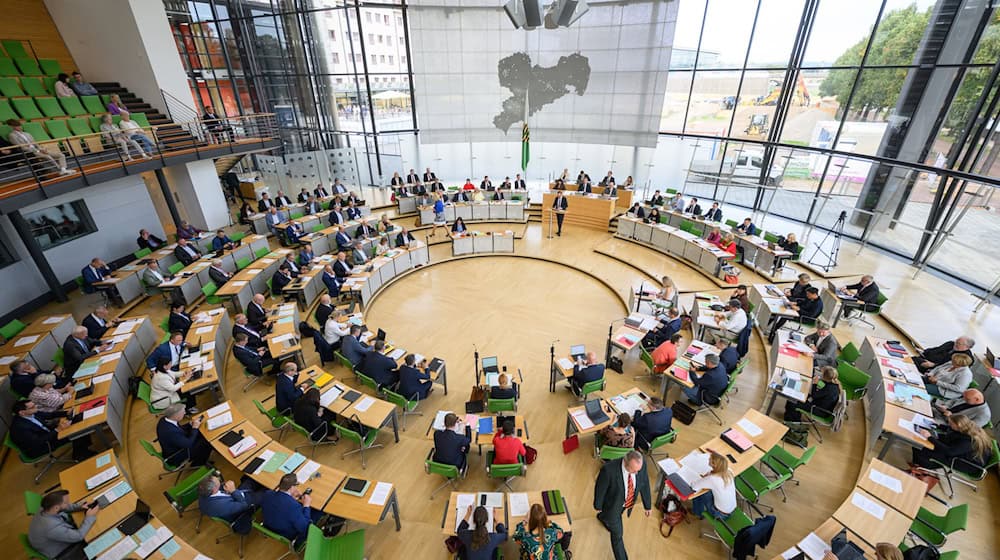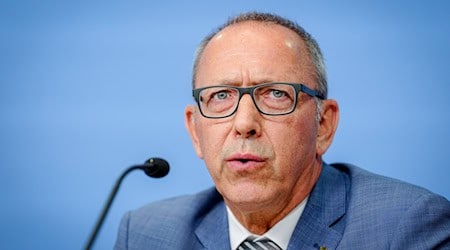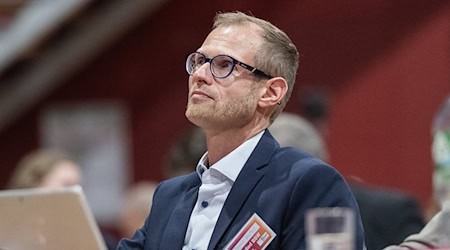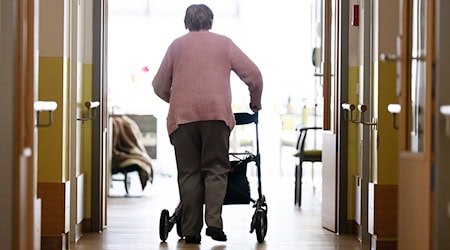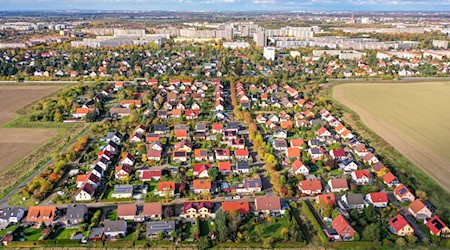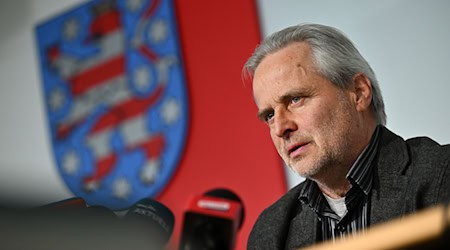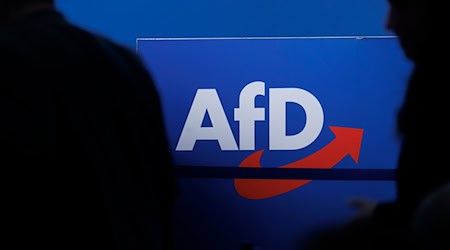A close vote is expected in the Saxon state parliament on the reform treaty for public broadcasting. The CDU, SPD and Green parliamentary groups intend to vote unanimously in favor, while the AfD and the Sahra Wagenknecht alliance will vote unanimously against. The Left Party has announced that it will abstain. The non-attached member of parliament Matthias Berger, who sits in the state parliament for the Free Voters, has said that he is still unsure. The CDU-SPD minority government is dependent on votes from the opposition.
As things stand, the supporters have 58 votes in favor, while the opponents have 54 or 55, as an AfD MP may be missing. More yes votes than no votes are needed for approval.
"The Greens will not be responsible for the failure of the treaty," said parliamentary group leader Franziska Schubert. "We hope that all parliamentary groups that are well-disposed towards public broadcasting will vote in favor," explained SPD parliamentary group leader Henning Homann. The Left Party criticized, among other things, the deletion of special-interest programmes. The AfD and BSW consider the planned reforms to be inadequate. CDU politician Sören Voigt expressed confidence that Saxony's parliament would approve the treaty.
State Chancellery appeals for approval
"The State Chancellery and the government factions have been and are in dialog with the factions of the Saxon state parliament to enable the ÖRR reform treaty to come about," said the State Chancellery. They are working to ensure that the necessary majorities are ultimately achieved to pass the treaty.
The heads of government of the federal states signed the treaty in March 2025. In order for it to come into force as planned on December 1, all state parliaments must approve it. Most of them have already done so.
Number of radio and television stations to be reduced
As part of the planned reforms, the services offered by public broadcasters in Germany are to become more digital on the one hand and more distinct from the journalistic products of newspaper publishers, for example, on the other. The number of radio and television channels is to be reduced. This should help to keep contributions stable. Cooperation between the broadcasters is to increase.
Copyright 2025, dpa (www.dpa.de). All rights reserved

